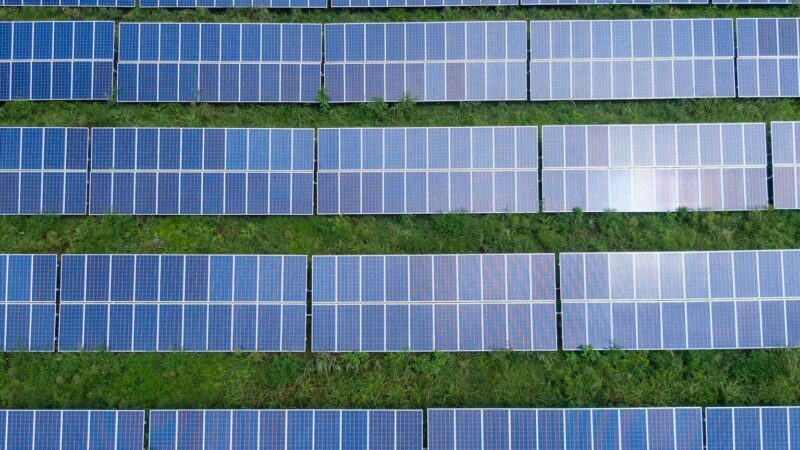FAQs About Feed In Tariff & Solar Panels:
Do you want your own ‘Power Station’ on your roof? If so read some of the most common solar panel questions and answers that we get asked below and get in touch with us.

Do you want your own ‘Power Station’ on your roof? If so read some of the most common solar panel questions and answers that we get asked below and get in touch with us.
They do not require direct sunlight and do not require constant sunshine. Therefore they will work even on cloudy days but may generate a smaller amount in lengthy cloudy periods.
Also your PV system may be less efficient in dark cloudy days however you will never be without electricity. Even on those days as your mains supply takes over if the PV system has not generated all of your electricity for that day.
This is often more apparent in winter or at night time.
Solar panels require very little maintenance. Generally, it’s recommended to keep them clean and check for any debris or obstructions that could block sunlight. Additionally, periodic cleaning to remove dust, leaves, and other debris is typically all that’s needed.
At night time the PV system may switch off as it cannot collect light. At times like this, or on extremely dark days, there may not be enough solar energy to provide your home with electricity.
However, the PV system is fitted in parallel with your mains supply (from the National Grid). As the mains supply will kick in when the PV system is not allowing solar energy into your home.
Meaning that you will never be without electricity.
If your system generates more energy than your home needs, which can occur at any time – most likely in summer when the days are longer.
Excess energy is exported into the National Grid and you of course will be paid by one of the six big energy companies you have opted to take a Feed in Tariff with.
Solar panels offer a multitude of benefits, including significant reductions in electric bills, lower carbon footprints, and increased property values.
Providing a clean, renewable source of energy, helping to reduce dependence on fossil fuels and combat greenhouse gas emissions.
No. As well as the solar energy panels generating pollution free energy, they do not cause any noise pollution. They are silent and non-moving.
The average lifespan of solar panels is about 25-30 years. However, this doesn’t mean they stop producing electricity after this time – it just means their energy production might decrease by what manufacturers consider a significant amount.
Grants and saving schemes can also be found by visiting the Energy Saving Trust website. Not everybody in the UK is eligible.
The right size for your solar panel system depends on several factors. Including your energy usage, the amount of sunlight your property receives, roof space, and your budget.
Newhaven Solar provides personalised solutions to evaluate your needs and recommends the most suitable system size for your situation.
Contact Us now to start your solar journey!